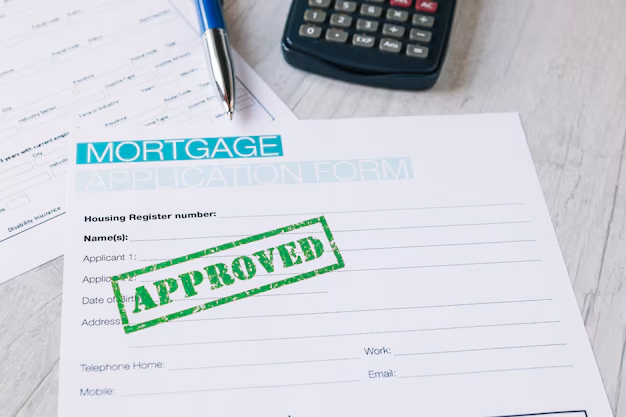Breaking Your Apartment Lease: A Guide to Exiting with Ease
Navigating out of an apartment lease can be daunting. Whether you're relocating for a job, facing unexpected financial strain, or shifting to new housing arrangements, understanding the proper steps and resources available can alleviate stress and prevent potential legal repercussions. Let's explore how to effectively get out of an apartment lease and consider some helpful financial aids that may support you.
Know Your Lease Terms
The first step in exiting a lease is to carefully review your lease agreement. Landlords often include a "break clause," detailing conditions under which early termination is possible. Look for specific terms such as notice periods, lease break fees, and any necessary documentation you might need to provide.
Communicate with Your Landlord
Open communication often leads to favorable outcomes. Contact your landlord to discuss your situation candidly. They might be amenable to negotiating terms or arranging a payment plan if finances are tight. It's beneficial to document all communications for clarity and future reference.
Sublease as an Option
Another potential route is subleasing the apartment. If permitted in your lease agreement, subleasing allows you to transfer rental responsibilities to another tenant. Still, you typically retain ultimate responsibility should anything go wrong, so ensure your subtenant is reliable.
Legal Grounds for Breaking a Lease
Certain circumstances allow for legally exiting a lease without financial repercussion:
- Active military duty: Under the Servicemembers Civil Relief Act, military personnel are entitled to terminate leases upon receiving active duty orders.
- Unsafe living conditions: Landlords must maintain rental properties. Failure to ensure habitable conditions may allow you to break the lease legally.
- Violation of privacy: If landlords invade your privacy, such as entering without notice, it may represent a breach of lease terms.
Understanding Lease Break Fees
Lease break fees can vary widely based on location and landlord policies. While some landlords require upfront payment equivalent to a few months' rent, others may terminate the lease at no cost if a new tenant is found quickly. Clear understanding and negotiation may save you significant expenses.
Seek Financial Assistance
Should financial hardship motivate your lease exit, exploring financial assistance options can provide relief:
- Government Aid Programs: Depending on your income level, government grants and rental aid programs can support temporary financial setbacks.
- Local Charities and NGOs: Organizations like the United Way or local housing non-profits might offer grants or loans for those struggling with rent.
- Debt Relief and Credit Solutions: Explore consolidating debts or contacting creditors for relief options, potentially easing financial burdens enabling more flexible housing choices.
Educational Opportunities and Resources
Facing difficulties doesn't always stem from financial reasons alone; seeking educational scholarships or grants for career advancement can open paths to better stability. Consider leveraging local community colleges or online courses to uplift career opportunities, indirectly influencing housing affordability.
As you contemplate the best exit strategy from your apartment lease, remember that various avenues of support are available. Here's a handy list of options to explore:
- ✨ Emergency Rental Assistance Programs: Check eligibility for short-term help
- 💰 Federal and State Grants: Support for low-income families
- 📚 Educational Grants: Scholarships for career advancement
- 💳 Balance Transfer Credit Options: Reduce short-term financial pressure
- 🤝 Local Housing Non-Profits: Access community-driven aid packages
- 📈 Debt Consolidation: Streamline payments to manage financial strain
By understanding your lease, exploring amicable negotiations, and considering external aid, you can transition out of a lease responsibly and with peace of mind.

